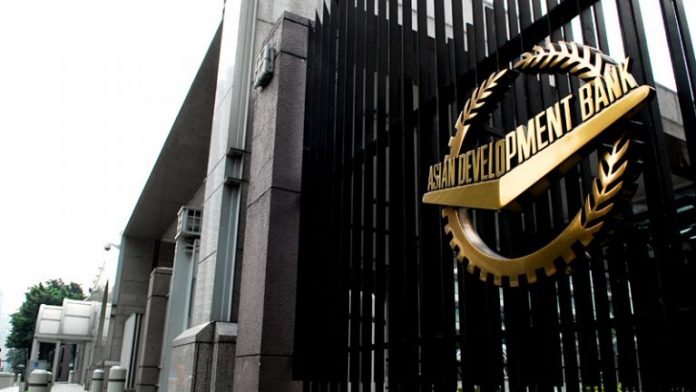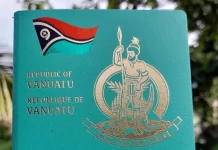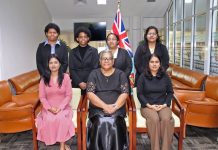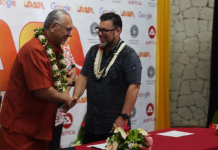The Asian Development Bank (ADB) has joined with the governments of New Zealand and Australia to help Solomon Islands overhaul its tax system to expand and secure the country’s revenue base.
The US$20.1 million, five-year Domestic Resource Mobilisation Project will restructure Solomon Islands’ Inland Revenue Division (IRD), install a new tax administration information system, train and upskill staff, and deliver a public information campaign to increase taxpayer understanding and compliance. Together, these reforms will enable the transition to a fairer, more efficient, and more transparent tax system.
“We appreciate this support from ADB and the governments of Australia and New Zealand, and will use it to prioritise a comprehensive tax reform agenda to achieve more sustainable, balanced, and inclusive growth and development during the COVID-19 recovery phase,” said Ministry of Finance and Treasury Permanent Secretary Mckinnie Dentana.
“Complicated tax laws and the absence of broad-based taxes leave Solomon Islands dependent on income from a few major industries, more vulnerable to economic shocks, and reliant on foreign aid,” said Regional Director of ADB’s Pacific Liaison and Coordination Office in Sydney Lotte Schou-Zibell. “This project will support the government’s efforts to reform the tax system to make it efficient, sustainable, and inexpensive to administer, while discouraging tax avoidance and encouraging productive investments. This will be particularly important for helping Solomon Islands to recover from the widespread impacts of the COVID-19 pandemic and identifying higher levels of investment to support economic growth.”
“Through this partnership we are committed to supporting the Solomon Islands Government’s vision of a more efficient and effective tax system, essential to ensuring that all Solomon Islanders benefit from development and prosperity,” said New Zealand’s High Commissioner to the Solomon Islands Georgina Roberts.
“The Australian Government is pleased to work with ADB and New Zealand, with leadership from Solomon Islands Government, to improve tax administration and reap greater revenue for the country,” said Australia’s Chargé D’affaires in Solomon Islands Sally-Anne Vincent.
Revenue collection in Solomon Islands is burdened by a complex and unwieldy tax framework, with multiple discreet and indirect taxes that have their own legislation, rates, exemptions, assessments, filing requirements, and penalties. Direct taxes on corporate, individual, and wage incomes also each have different rules, requirements, and penalties.
With ADB’s support, an ongoing government tax reform program is preparing simpler tax legislation, including a new tax administration law, the introduction of a value-added tax (VAT), and a review of income tax arrangements. The project will deliver the training, technology, and institutional reforms needed for the IRD to administer this new tax framework.
The project will help implement an ongoing restructure of the IRD and fund the acquisition of a new, fit-for-purpose tax administration information system and equipment allowing tax data to be shared across IRD, improve reporting, incorporate critical security features, and allow for the introduction of the planned VAT. It will also collect sex-disaggregated data for the first time and make the IRD’s records compatible with other government systems.
With the introduction of a new tax framework, including a VAT, the project will help design and deliver a comprehensive taxpayer education program to inform individuals, businesses, tax agents, and others of the new services, obligations, and reporting requirements. Special attention will be given to ensuring women taxpayers and entrepreneurs are informed and encouraged to participate in the formal economy.
The Domestic Resource Mobilisation Project is funded through a US$5.5 million grant from ADB, a US$6.5 million grant from New Zealand, a US$3.5 million grant from Australia, and US$4.6 million from the Government of Solomon Islands.
SOURCE: ADB/PACNEWS














